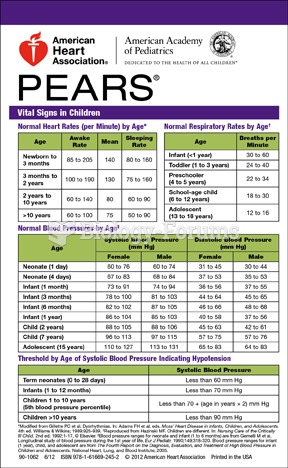|
|
|
Opium has influenced much of the world's most popular literature. The following authors were all opium users, of varying degrees: Lewis Carroll, Charles, Dickens, Arthur Conan Doyle, and Oscar Wilde.
There are major differences in the metabolism of morphine and the illegal drug heroin. Morphine mostly produces its CNS effects through m-receptors, and at k- and d-receptors. Heroin has a slight affinity for opiate receptors. Most of its actions are due to metabolism to active metabolites (6-acetylmorphine, morphine, and morphine-6-glucuronide).
Human kidneys will clean about 1 million gallons of blood in an average lifetime.
There are more nerve cells in one human brain than there are stars in the Milky Way.
For pediatric patients, intravenous fluids are the most commonly cited products involved in medication errors that are reported to the USP.







